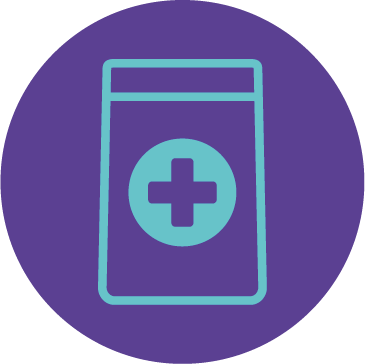
Cardivascular disease
This is a broad term that includes a number of conditions that affect the heart and blood vessels.
Hypertension
Patients with a diagnosis of hypertension (high blood pressure) will have an annual review of their blood pressure (BP) with either home BP readings or by using the self service blood pressure pods at individual surgery sites. This will be initiated by the practice through text messaging to patients who can respond with home blood pressure readings or via a telephone call. Following on from this the pharmacist team will undertake a review of your blood pressure medication; make any alterations needed and organise appropriate annual blood tests.
Heart Failure
Patients with a diagnosis of heart failure will be invited for an annual face to face review in our new specialist heart failure clinic. In this clinic measurements, including: your blood pressure, heart rate and weight will be taken. It will be an opportunity to review your symptoms, medications and organising any blood tests required. Specialist support is available from both the community and the York District Hospital heart failure teams.
Coronary Heart Disease
Patients with a diagnosis of coronary heart disease will have an annual check of their blood pressure to ensure it is in a healthy range to keep their heart and other organs, such as eyes and kidneys, healthy. They will also have a medication review to ensure they are on a medication to stop the blood becoming too sticky. Together this will ensure that your heart and blood vessel health is optimised.
Atrial Fibrillation
Patients with a diagnosis of atrial fibrillation (AF) will undergo an annual review of their medication by the pharmacy team. They will check the correct medication is being prescribed to help minimise complications from the condition, discuss any troublesome side effects and ensure that all necessary blood tests are up to date.











